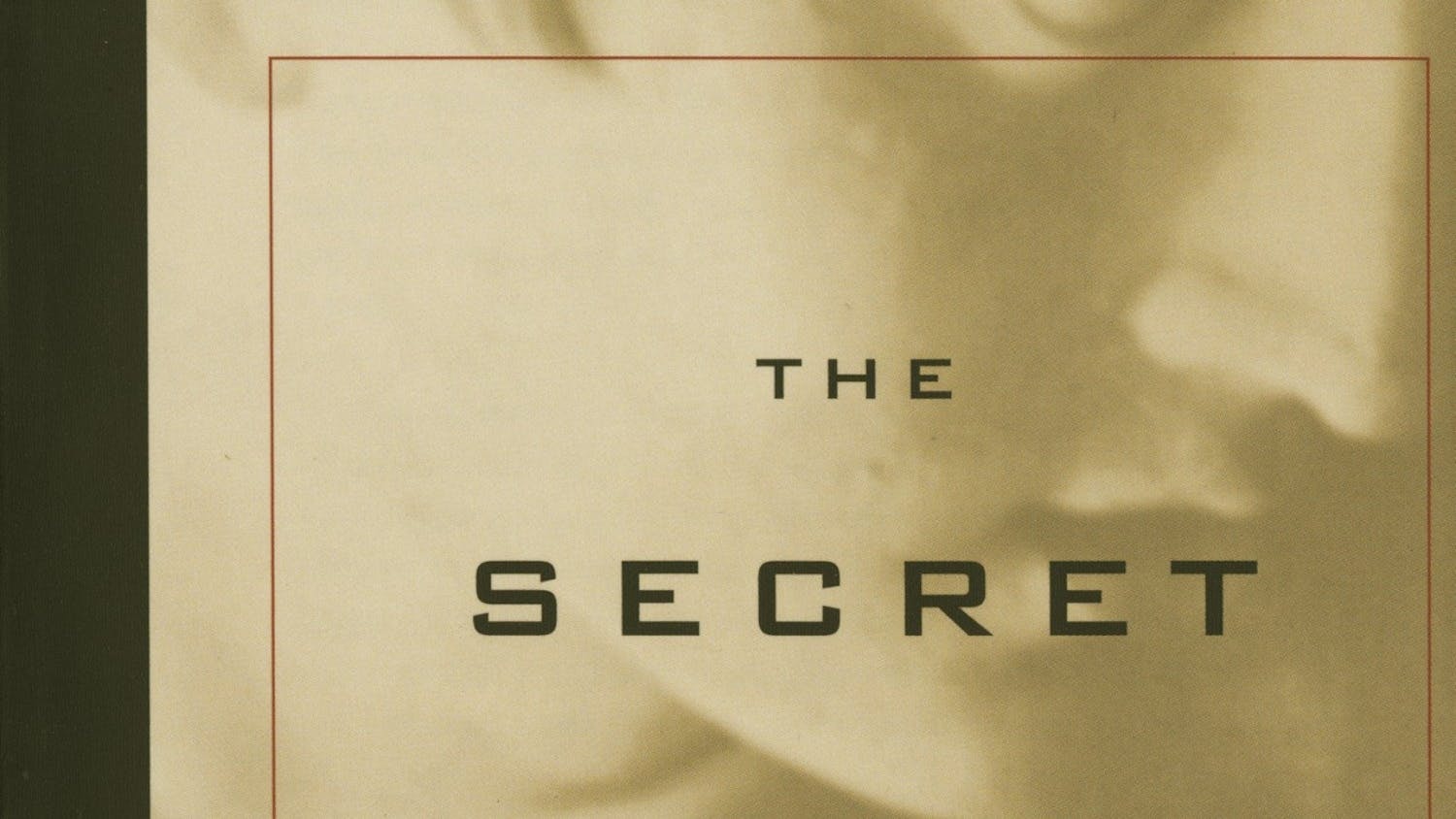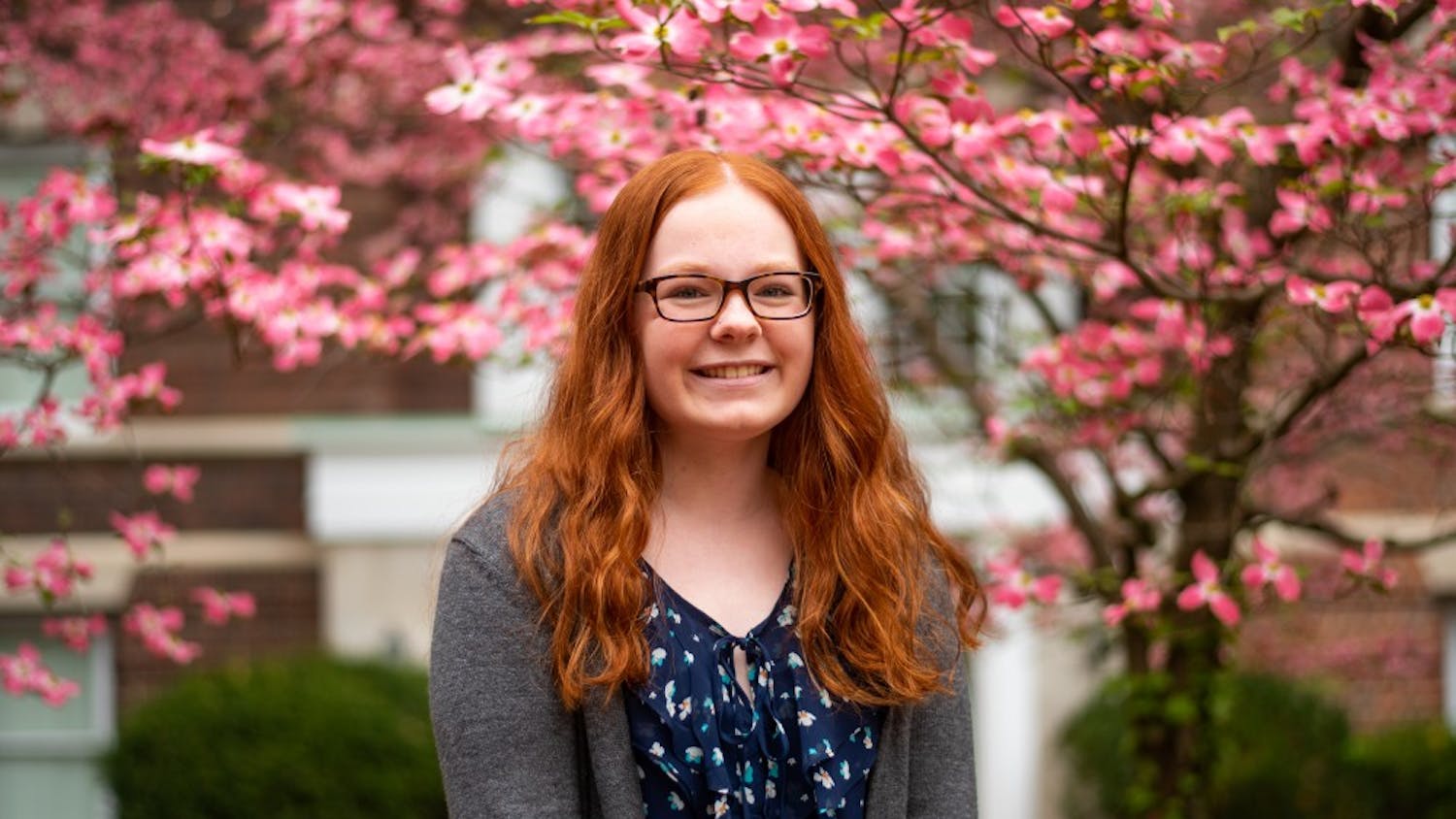I have never really been a savvy environmental action advocate.
Yes, I know that carbon emissions are bad and that climate change is a real thing that is presently changing the course of our lives, but I’ve never been the girl who has gone out of her way to find ethical and sustainable clothing and lifestyle outlets.
For the longest time, I associated Patagonia with the “granola” people of the internet, but I hadn’t considered the possible intentions behind their purchases. Urban Dictionary presently defines “granola” as “a new-age, more civilized hippie,” which to me, is on par with their efforts.
When I picture a granola girl, the vision that immediately comes to mind is a kid walking around wearing their dad’s t-shirt from the 1990s, thrifted pants they dug out of a bin at the nearest Goodwill and a myriad of diverse jewelry they bought from a local artist. There is something, however, that I and many others are failing to find: the sustainable nature of all of it.
Thrifting is good, and using sustainable brands is smart. It’s good for the environment. This is how we can attempt lower carbon emissions, and tackle climate change at its core.
Patagonia now embodies this cause.
Patagonia’s founder, Yvon Chouinard, has been funneling everything he has into a singular cause – fighting climate change– which has remained the primary purpose behind his billion-dollar company to date.
Since its opening in 1973, the brand hasn’t been shy to share its mission of saving the planet with its consumers. The company’s famous 2011 Black Friday advertisement “Don’t buy this jacket” gained global attention when the company encouraged people to consider the effect of consumerism on the environment and purchase only what they needed, a message that perhaps needed to be heard amidst a climate change “crisis.”
Patagonia was also an early embracer of organic cotton and recycled materials in the effort to lower the emissions of fossil fuels by large businesses and has donated 1% of profits to grassroots groups working to find solutions to the environmental crisis.
With the amount of success that Chouinard has attained, he still chooses to live a life of sustainability and stay true to his earliest principle of saving the planet. Chouinard, who was “pissed” about making the Forbes billionaire ranking, has lived a life of example himself, and according to the New York Times, “Even today, he wears raggedy old clothes, drives a beat-up Subaru and splits his time between modest homes in Ventura and Jackson, Wyoming.”
Now, due to the donation of his company, Chouinard and his family will no longer receive profits made from the company, as they will go towards a specially designed trust that is aimed at battling against climate change and protecting undeveloped land around the globe.
His message, “Earth is now our only shareholder,” serves as yet another example of just how dedicated we should be to not only protecting our planet but also staying loyal to our true intentions.
Abby Waechter is a freshman studying strategic communications at Ohio University. Please note that the views and opinions of the columnists do not reflect those of The Post. Have something to say? Email Abby at aw087421@ohio.edu or tweet her @AbbyWaechter.






